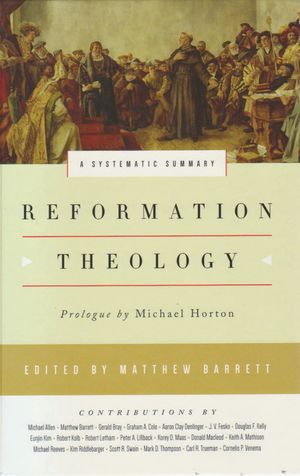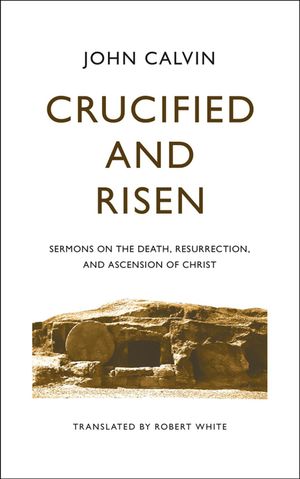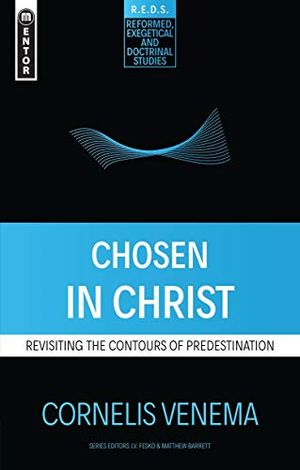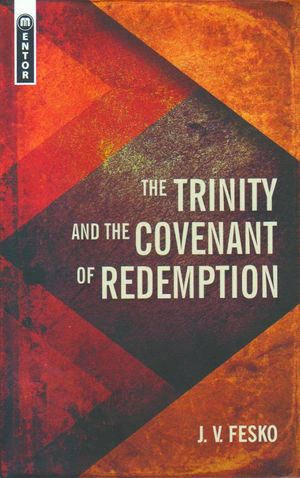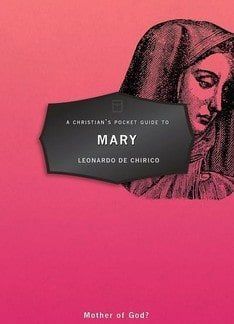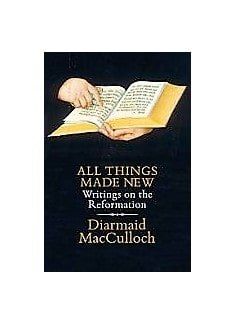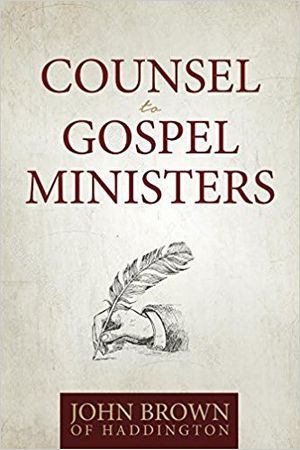This to me is not a systematic theology as such, although it does present the various topics of the Reformers’ theology in a systematic way. It was written by ‘a group of theologians and historians who are committed to Reformation theology’ (p.63). This is its obvious strength, but could it also be a weakness? Informed readers must decide.
It begins with a prologue (Michael Horton) and an introduction on ‘the crux of genuine reform’ (Michael Barrett), followed by essays on the late medieval understanding of grace and the authority of the church (Gerald Bray) and a summary of the Lutheran, Swiss, English, and Scottish Reformations (Carl Trueman and Eunjin Kim). Other countries’ Reformations are sold rather short, including the French, which gets a passing nod in the article on church and state.
Thereafter follow presentations of the Reformers’ theology on Scripture, the doctrine of God, predestination, creation, Christ’s person and work, the Holy Spirit, union with Christ, the bondage of the will, justification, sanctification, the church, the sacraments, the church/state relationship and eschatology.
Each chapter, preceded by an abstract, follows a standard model: a presentation of the medieval understanding of the question; Lutheran, Calvinist and other Reformers’ teaching; the confessions; and, finally, mention of opposing views, such as Socinianism or Arminianism. Amyraldius’ questions about limited atonement get short shrift, with only one reference — rather surprising, in the light of the perennial nature of this question.
The various contributions are scholarly and thoroughly documented. It is definitely not a book for amateurs. The readability is variable. Some of it smacks of textbook stuff; other sections are characterised by reverential respect, and some academic showboating does come across.
The length and number of footnotes is sometimes discouraging. Do writers have to prove that they have read everything on the subject? Beyond those considerations, the £35 price tag may give pause for thought for some.
It would be arbitrary to focus on any of the articles for special mention without fuller discussion. Suffice to say that I found the central articles on the person and work of Christ stimulating (as one might expect from Donald Macleod and Bob Letham). However, the contribution on the Lord’s Supper seemed to lack depth in presenting the sophisticated theology of Calvin. Likewise, the brief comments on the ‘new perspective on Paul’ in the piece on justification were rather unsatisfying.
In a way, what is not in the book is equally informative. Absent are explorations of the relationship between faith and life, church and society, and what Christians do when they meet together. Surely this is part of theology in a broad-orbed, Reformed perspective?
What about the covenant, the Reformers’ apologetics and their view of culture, worship and the liturgy, church government and eldership, ministry, preaching and catechism, social ethics (capitalism!), the contribution of their view of freedom of conscience and mission?
Why were the Jesuits better at the latter than the Protestants? Were Protestants too busy making money? Some of these subjects are things that evangelicals do not have much time for at present. This is one of the weaknesses of the evangelical movement, and hence of the book.
The chapter on church and state deals in detail with resistance theory, but, in spite of reference to Althusius, it falls short of showing whether Luther and Calvin’s view of the two kingdoms impacted the separation of the two realms, and hence the development of secularism. Throughout the book there is ambiguity in assessment of the various Anabaptist movements, whose social views would not bring many ‘amens’ from a broad evangelical constituency today.
Does Reformation theology have a future, and if so what might it be? Some of Horton’s comments in the prologue merit development in conclusion. A poignant quotation in the introductory section, ‘Reformation today’, is from James Montgomery Boice: ‘We barely have a Reformation to carry on, and many have even forgotten what the great spiritual revolution was all about. [We] need to go back and start again at the very beginning. We need another Reformation’ (p.60-61).
Indeed, but surely this merits a special chapter about what we might hope for, how we might pray for it, and what we might do to get out of the doldrums we are in. In summary, this is a very first-world-centred book. It is not a contribution from the developing world, and that is where things are happening.
Paul Wells
Liverpool

